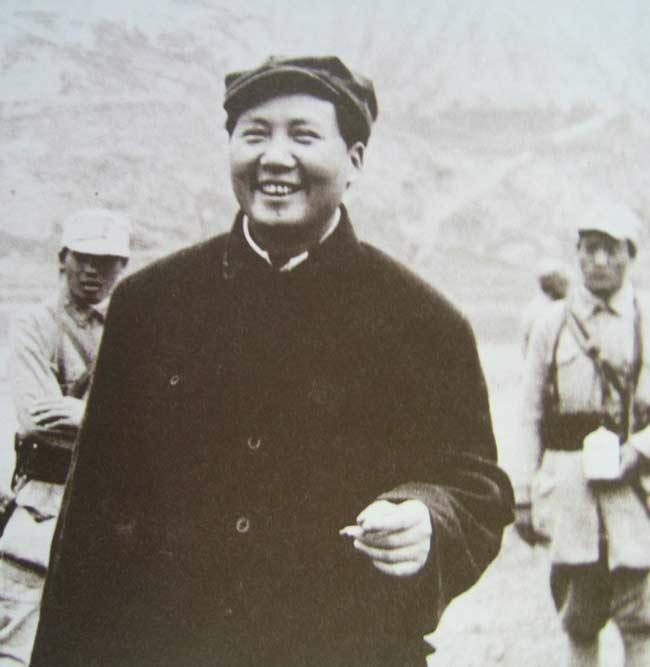
Wang Bi (226-249) Was a Wei philosopher of the Three Kingdoms. SanyoGao—? —(Present-day southwest of Zoucheng, Shandong) was a chinese poet. The teenager studied Lao Tzu. With Xiahou Xuan and the same style of metaphysical discussion, the history is called "the sound of the beginning." "Notes on the I Ching and Lao Tzu.
In November 1940, when Mao Zedong met with Wang Bi, who had returned from studying aviation maintenance engineering in the Soviet Union, he said very humorously: There is also a Wang Bi in the history of our country, with the same name as you, he is a literati, and you are a military general. You who study martial arts will strive to be better than those who study literature. This historical literati Wang Bi is Wang Bi, a young scholar of the Three Kingdoms of Wei.
Wang Bi was a philosopher and master of metaphysics during the Wei and Jin dynasties. Mao Zedong loved Chinese philosophy in his early years, and he read ancient books with good editions and notes. Therefore, a few years later, when talking about the advantages and disadvantages of the various annotations of "Lao Tzu", he correctly said to the point: The best "Lao Tzu" annotations are Wang Bi's. Compare the good and the bad. It can be seen that Mao Zedong read many works on the annotation of Lao Tzu before he knew Wang Bi.
Wang Bi also annotated the Zhou Yi and the Analects, but he was only about twenty years old. Mao Zedong was deeply impressed by Wang Bi's profound learning at a young age. In the 1950s, he repeatedly used Wang Bi as an example to advocate emancipating the mind and daring to think, dare to say and do. On March 22, 1958, at the Chengdu Conference, Mao Zedong pointed out that the people who have created new ideas and new schools since ancient times are young people who have not learned much, and he cites many young people who have made achievements in ancient and modern China and abroad, one of whom is Wang Bi. He said: When Wang Bi annotated Lao Tzu, he was only seventeen or eighteen years old, and he died prematurely due to excessive use of his brain, and he was only in his twenties when he died. On May 8 of the same year, at the Second Congress of the Eighth National Congress of the Communist Party of China, Mao Zedong talked about many examples of the great achievements of Chinese and foreign teenagers in ancient and modern times on the topic of "Emancipating the Mind and Breaking Superstitions", which introduced Wang Bi. He said: Wang Bi of the Jin Dynasty, who made commentaries on Zhuangzi and the I Ching, was a philosopher at the age of eighteen, and his brother was Wang Su. He was only twenty-four years old when he died. Before and after this, when Mao Zedong read the "Four Masterpieces of the Early Tang Dynasty", he mentioned a group of accomplished teenagers in ancient and modern times in his eyebrow criticism, and mentioned Wang Bi with Wang Bo of the Tang Dynasty and Jia Yi of the Han Dynasty. Wang Bo, he said, "as a twenty-eight-year-old man, wrote eighteen volumes of poetry, comparable to Wang Bi's philosophy (subjective idealism), Jia Yi's history and political science." They were all young Yingfa, Jia Yi was thirty when he died, and Wang Bi was twenty-four when he died. (Mao Zedong's Collection of Ancient Books and Criticisms of Literature and History, pp. 10-11) Wang Bi was born in the seventh year of the wei and huangchu (226), died in the tenth year of Wei Zheng 's reign (249), and died of illness when his creativity was strong.